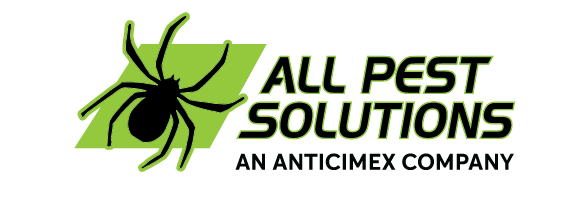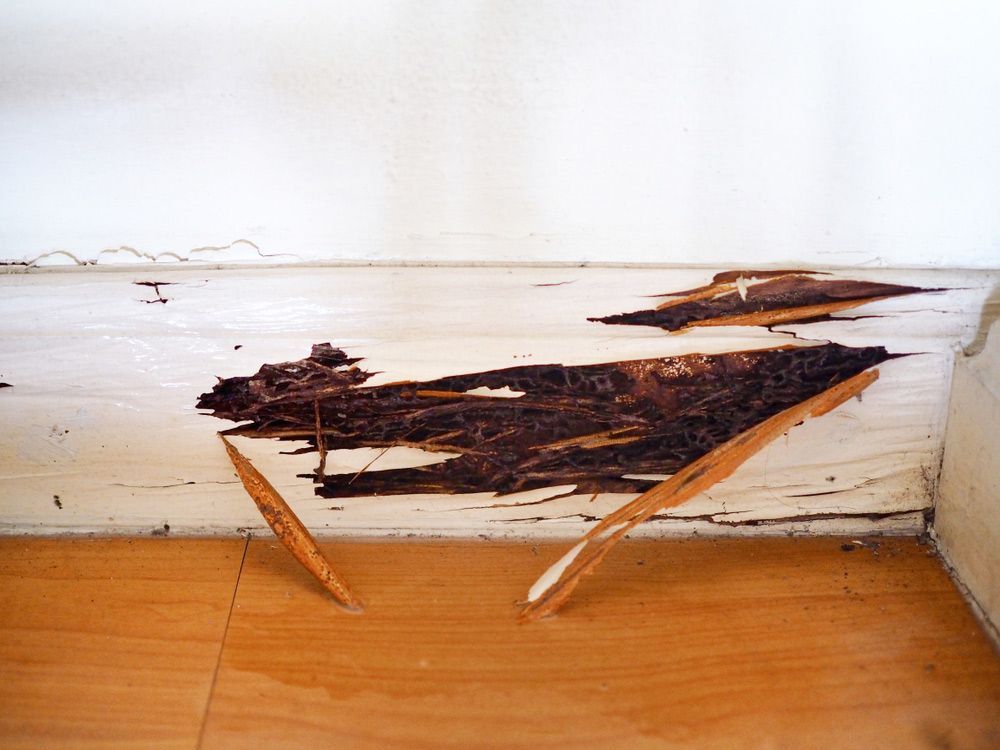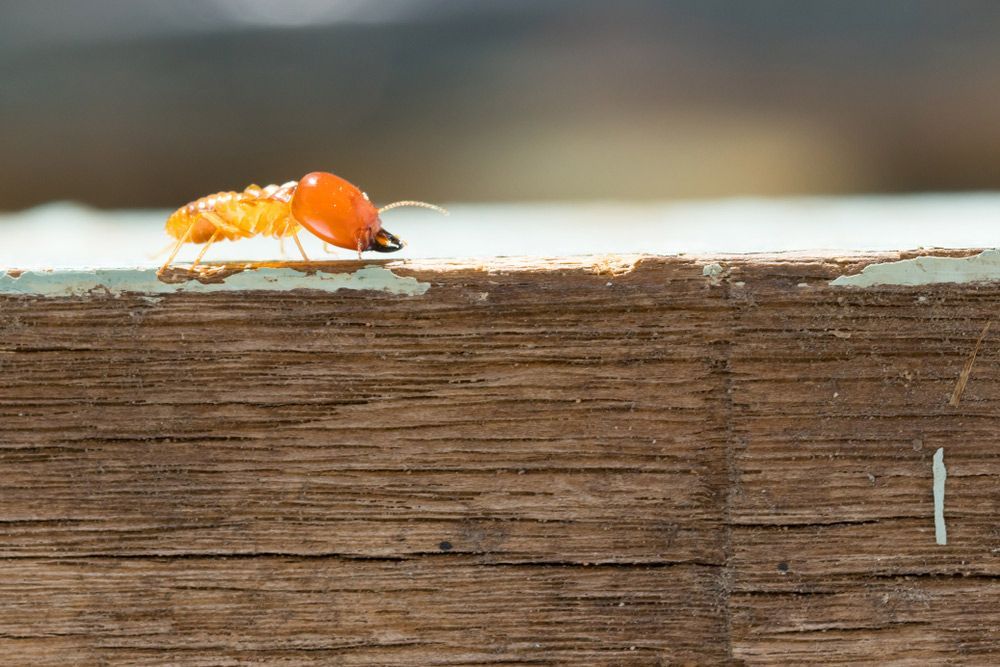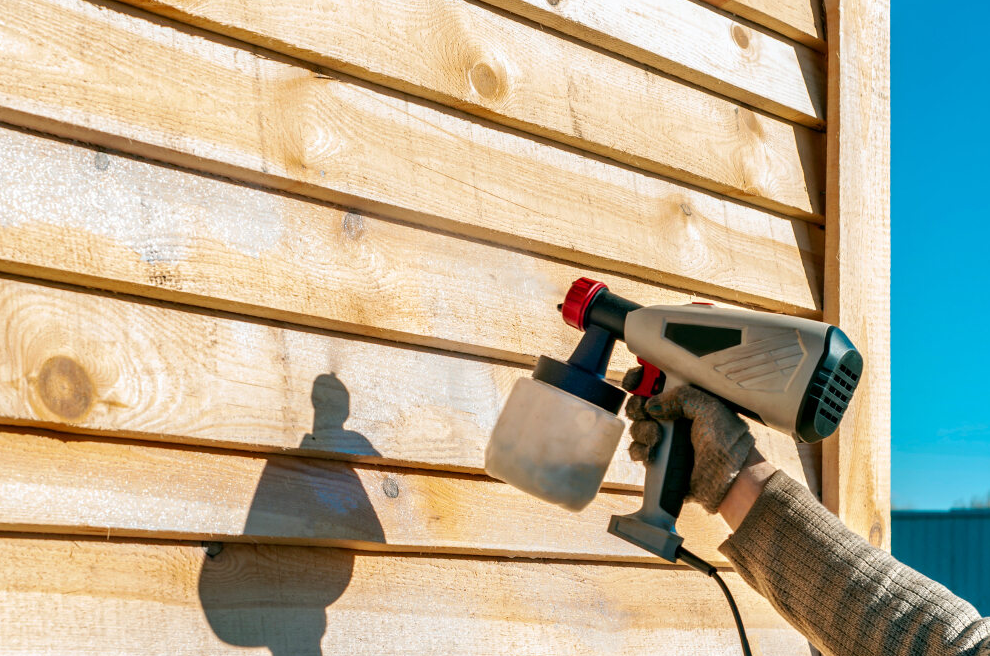Who Is Responsible For Pest Control When Renting In Australia?
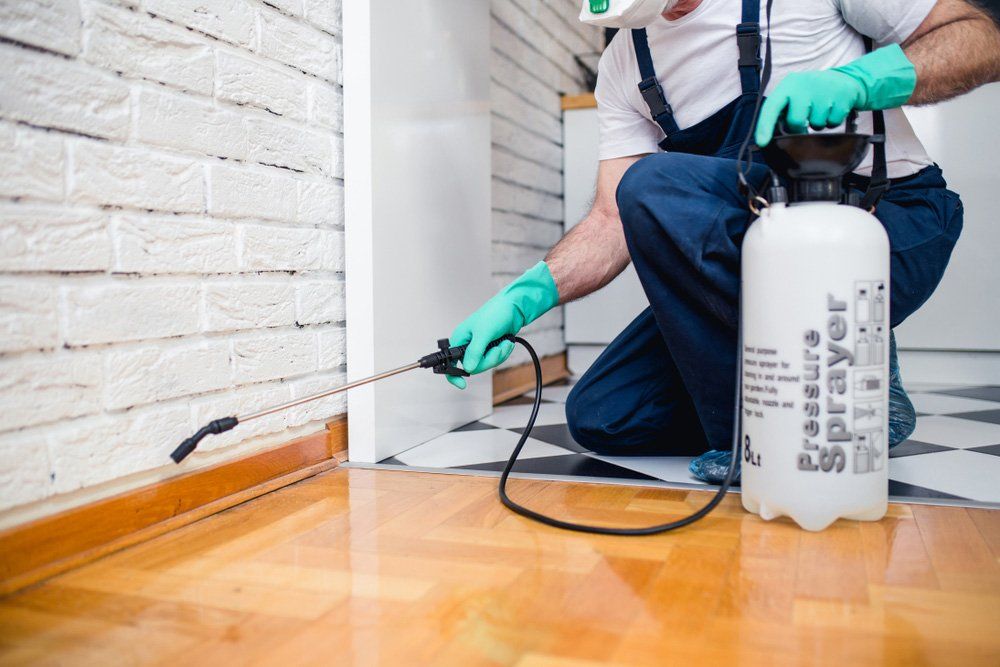
When tenants rent a property, they expect to be the only occupants - nobody wants to sign a tenancy agreement, only to find that they're sharing their home with
ants,
rodents,
cockroaches,
bed bugs,
fleas
or worse! The challenge for tenants (and landlords) is to work out who is responsible for employing appropriate
pest control to resolve the issue. Obviously, the infestation will get worse unless professional pest control is employed. Equally obviously, nobody wants to pay for pest control if it's not their responsibility to do so. We've put together a helpful guide on the rights and responsibilities of both tenants and landlords when it comes to pest control. Read on to discover who's responsible in the event of an infestation, as well as a number of factors to consider when working out who is liable for financing appropriate pest control.
No Clear-cut Solution
The obligation of a landlord or tenant to ensure appropriate pest control isn't set out specifically in law. Instead, there are a number of pieces of legislation that can be used to help determine who is responsible in a specific set of circumstances, as well as some case law that relates to similar disputes between landlords and tenants.
If either party decides to take court action so that an appropriate course of action can be determined, the judge will take a number of different factors into consideration before issuing a judgement on which party should be responsible for pest control. In most cases, it's pretty clear who should take responsibility for pest control. Ideally, both parties should try and resolve the situation amicably, as the costs involved in a court case can considerably exceed those incurred by employing a professional pest control company to deal with the infestation.
A Reasonable State Of Repair
Landlords are required to let a property that's in habitable condition and in a reasonable state of repair. This means it should be free of infestations! Unfortunately, pests are discreet creatures that can hide successfully, meaning they may not be noticed during a daytime visit to view the property. If you move in and discover a pest problem within a few weeks of taking up residence, there's a strong case for it being the landlord's responsibility to deal with the matter.
Similarly, if you move in and discover at a later date that there is some sort of structural problem that's contributing to an infestation, which wasn't apparent before you moved in, it will usually be the landlord's responsibility to sort out both the fault and the resultant infestation. For example, if the property has a leak that is attracting moisture-loving pests, the landlord will usually be responsible for sorting this problem out, provided the leak was there when the property was rented initially and hasn't been caused by tenant activity.
Timing Matters
As a general rule, if an infestation is spotted in the early days of the tenancy, in most cases it will be down to the landlord to sort it out. Once the tenant is settled in, however, if an infestation occurs it will most likely be the tenant's responsibility to employ appropriate pest control.
Type Of Pest Matters
Once the tenant is established, they will usually need to pay for pest control unless it can be shown that the state of the property or a lack of protective measures has directly led to the infestation. For example, if the landlord has failed to keep the walls or roof in a decent condition and birds have flown in to nest as a result, the landlord is responsible for both the repairs and elimination of the infestation.
Tenants will usually need to facilitate suitable pest control for infestations of rodents, spiders, and insects (including bed bugs, cockroaches and bees). Tenants will also usually have responsibility for removing snakes that may have entered the property, unless it can be shown that the snakes gained entry through a structural fault, such as a floor in poor repair.
The only pests that a landlord must legally eradicate from their property are termites (white ants).
Termites
are the responsibility of the landlord at every stage of the tenancy.
Tenant Activity
One of the most important ways of reducing the risk of an infestation is to ensure basic hygiene is practised in the property. Keeping clutter to a minimum, storing foodstuffs correctly and disposing of waste appropriately are all ways to make the property less attractive to pests. Slovenly tenants that allow rotting food to build up, for example, or who let clutter accumulate to provide a perfect home for vermin, will usually be responsible for pest control when the inevitable happens and an infestation occurs.
In some circumstances, if the tenants are consistently failing to keep on top of the property's cleanliness and it's leading to insect or vermin problems, there may be sufficient grounds for an eviction notice to be issued.
Are Preventative Measures In Place?
The landlord isn't required by law to put preventative pest control in place. They are, however, required to keep the property in a decent state of repair. Keeping the property in good shape is a natural preventative measure, as pests are unable to gain access. As treating a termite infestation always falls to the landlord, many landlords
install termite barriers, but these aren't mandatory.
Tenants aren't required to employ preventative measures, beyond keeping the property clean, disposing of waste properly and not damaging the fabric of the building (which could make it more vulnerable to pests).
Common Sense Is The Best Guide To Determining Responsibility For Pest Control
In most circumstances, working out who is responsible for pest control comes down to common sense. Tenants need to act responsibly in their rental, living in a manner that minimises the risk of an infestation taking hold. Landlords need to fulfil their obligations, ensuring that their rental property is in sound structural condition and is kept in a good state of repair. If both parties act in a reasonable, responsible manner, the chances of an infestation occurring are low.
